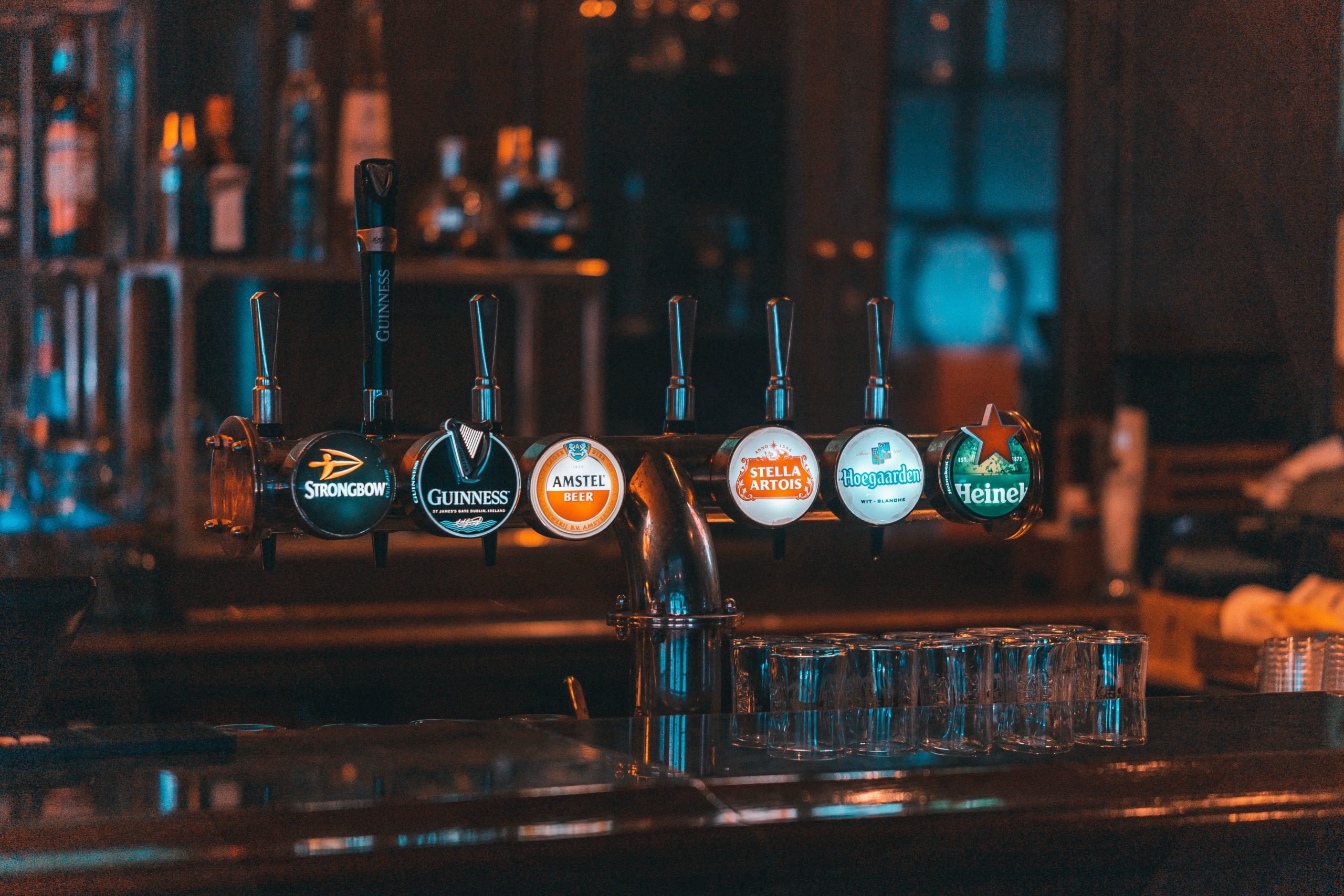Register to get 5 free articles
Reveal the article below by registering for our email newsletter.
Want unlimited access? View Plans
Already have an account? Sign in
UKHospitality (UKH) has launched a new Sustainability Programme aimed at guiding the sector to net zero by 2040.
The commitment sets out 10 pledges in four areas – waste, supply chain, skills and biodiversity. The initiative forms part of a wider drive to help businesses, especially small and medium enterprises (SMEs), to make hospitality “a leader” in sustainability.
The 10 pledges outlined in UKH’s programme include delivering on 2040 net-zero aims for the sector, rolling out the UKH sustainability guide to members focusing on providing SMEs with tips, templates and best practice resources, eliminating unnecessary single-use packaging by 2025, and reducing food waste by 50% by 2030.
It also includes incorporating sustainability skills in relevant training courses and promoting the appointment of site-based sustainability champions, and supporting the Hospitality Sector Council’s Sustainability Committee on the delivery of the Hospitality Strategy’s environmental targets.
The programme also aims to promote sign-up to external pledges, such as the Courtauld Commitment and Plastics Pact, facilitate engagement across supply chains to reduce environmental impacts, roll out EV charging points, and work with the Hospitality Sector Council to align industry objectives and share best practice amongst businesses.
Kate Nicholls, UKHospitality CEO, said: “Hospitality has been swift to embrace and accelerate sustainable practices in recent years but we’re entering a crucial phase in dealing with climate change, which makes our new Sustainability Commitment vitally important if we’re to deliver on 2040 net-zero aims for the sector.
“Ours is an overwhelmingly SME-led industry, so it’s crucial that SMEs are equipped with specialised tools to deliver the environmental targets set out by the government, and to build businesses whose everyday operations are environmentally friendly.”


















